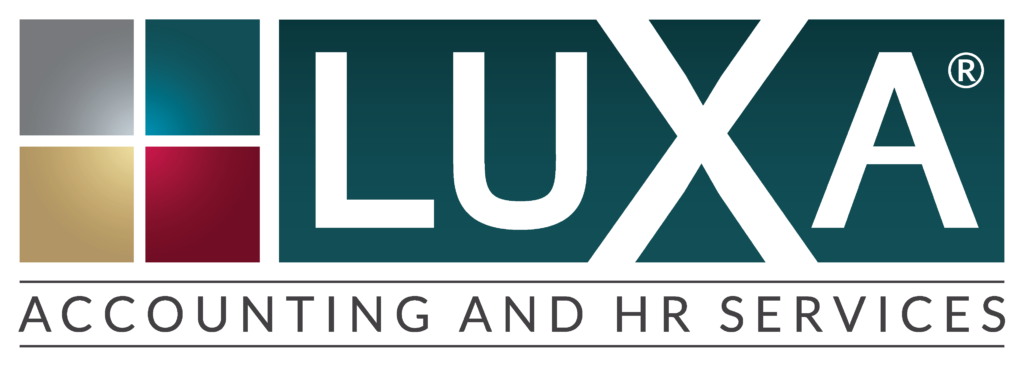How important is it to analyze your business financial statements?
Are you worried your financial statements may be throwing you off on your calculations? Is it concerning how this will impact your business? Often times enough, running your business can be a day-to-day challenge. Most business owners would love to spend the majority of their time focusing on how to grow business reach, reaching full potentials, and increasing profits. As hard as it is to admit, the numbers are what eat up your time.
Yet, it’s not so much the numbers but the amount of time it takes to interpret financial positions and forecasts. Some people use software to cut down the time it takes to analyse that data. There are software providers that can calculate forecasts, compare multiple budgets across different timelines, track profitability, etc.
I tend to compare this to machine language translation. Many times you can find text in another language and run it through something like Google Translate. Seconds later, you read the translated text. However, being fluent in Spanish and having tested this many, many times, the translations are not always correct. To get correct translation you need a person with linguistic abilities who can interpret the meaning of the text to get you the best translation.
This holds true for software programs and applications used to interpret financial statements. There is no substitute for an accountant with accounting practice experience. The problem is not all businesses have the budget to afford to hire their own accountant. Small businesses will either educate themselves or find talented resources such as family members and friends with some financial saavy. Yet, we can improve our abilities to understand our business financials if we look at key takeaways you can find in your financial statements.
Assets
These are broken down into two categories: long-term and current. Focus on each of these independently to identify the ease of liquidating each asset. The most fluid of all of your assets is no doubt, cash. An example of a long-term asset is real estate or equipment and have a harder time converting to a liquid asset such as cash.
Current assets
Your current assets are those that can be converted into cash within the calendar year such as checking or savings accounts, accounts receivables, and other billables that are due within one year’s time.
Fixed assets
Fixed assets include land, buildings, machinery, and vehicles that are used in connection with the business. A note about each of these:
- Land is unlike the other fixed assets where it is not depreciated because land is considered an asset that never wears out.
- Buildings however will depreciate over time and most accountants know how to forecast that for you.
- Machinery should be equipment or operating machinery that are used to operate in your plant to produce your product.
- Vehicles include any vehicles used in your business
Total assets
This is the dollar amount that shows the total value in dollars of both the short-term and long-term assets of your business.
Liabilities and owners equity
Under this category are all debts and obligations owned by the business to outside vendors, creditors, or banks that have a payable fixture. Often you will see this side of the balance sheet referred to as “liabilities”.
Total liabilities and owners’ equity
Here you see all debts and monies that are owed to outside creditors, vendors, or banks and the remaining monies that are owed to shareholders, including retained earnings reinvested in the business.
Don’t run the risk of not knowing how to read these items in your financial statements. You could easily gloss over these the first time but as your business grows or continues to gain traction it will get harder to understand your financial position. Questions will come up in your balance sheet, for instance, that you might need assurance or help in answering. Balance sheets can identify and analyze trends, particularly in the area of receivables and payables. Is the receivables cycle lengthening? Can receivables be collected more aggressively? Is some debt uncollectable? Has the business been slowing down payables to forestall an inevitable cash shortage? (Inc.com) If you need to find an accounting group that does outsourcing in Tulsa, groups like LUXA are known for their expertise in the Tulsa accounting community. Feel free to give them a call for any of your accounting needs.




